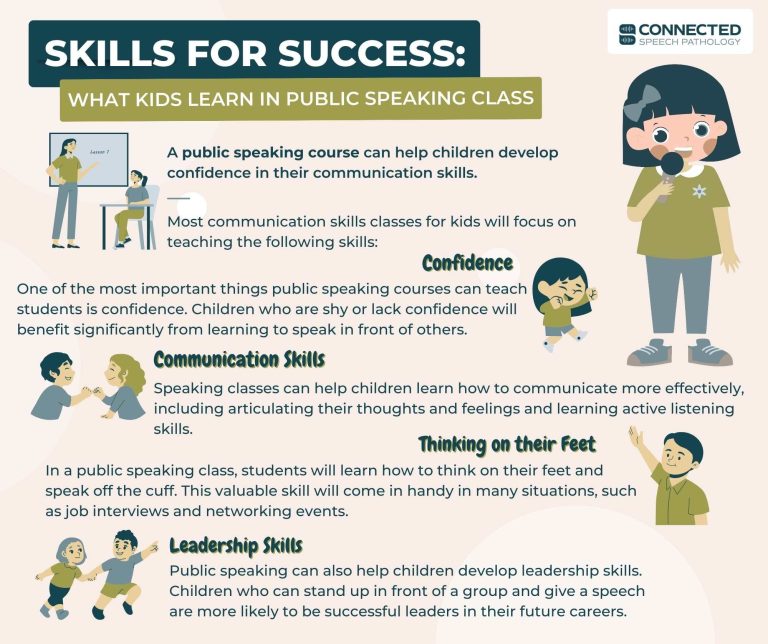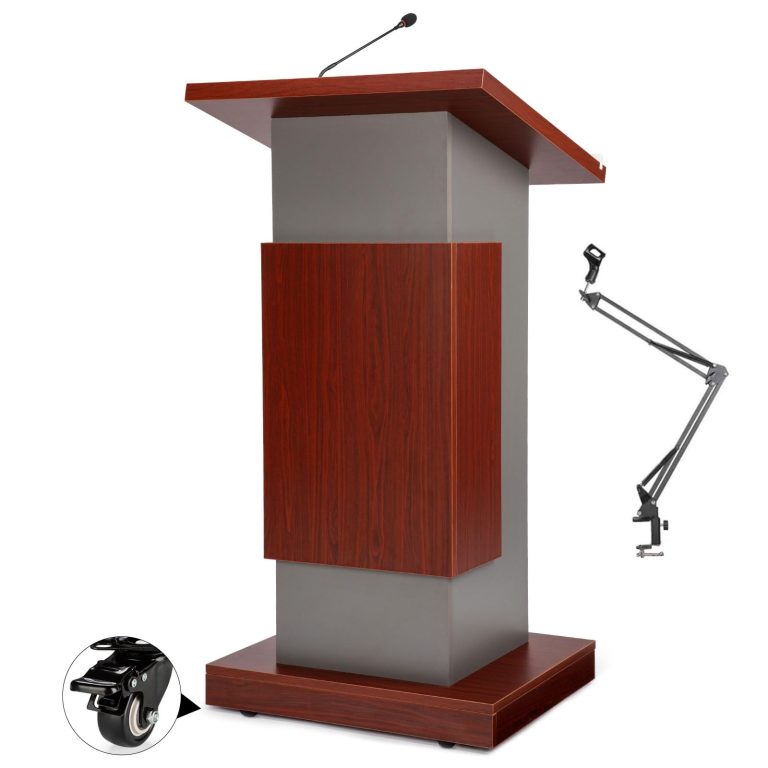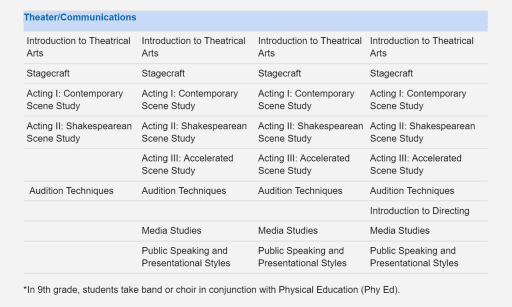Speech Therapy For Teenagers
Are you a teenager who struggles with speech? Speech therapy for teenagers might be just what you need! Whether it’s difficulty pronouncing certain words or expressing yourself clearly, speech therapy can help you improve your communication skills and boost your confidence. In this article, we’ll explore the benefits of speech therapy for teenagers and how it can make a positive impact on your life. So, let’s dive in and discover the power of speech therapy together!
Have you ever found yourself stumbling over your words or feeling misunderstood during conversations? Speech therapy for teenagers can provide you with the tools and techniques to overcome these challenges. Through tailored exercises and strategies, speech therapists work with you to develop better speech and language skills. You’ll learn how to articulate sounds, enhance your vocabulary, and improve your overall communication abilities.
But speech therapy isn’t just about mastering words and sounds. It’s also about building confidence and self-esteem. As a teenager, having effective communication skills can open doors and opportunities for you. Whether it’s excelling in school, making new friends, or pursuing your dream career, speech therapy can empower you to express yourself with clarity and conviction. So, if you’re ready to take your communication skills to the next level, speech therapy for teenagers is the way to go!
Don’t let speech difficulties hold you back. Speech therapy for teenagers is a transformative journey that can enrich your life in countless ways. From overcoming speech obstacles to unlocking your full potential, speech therapy offers a path to self-improvement and personal growth. So, get ready to embark on a remarkable adventure that will enhance your communication skills and empower you to thrive in all areas of life. Let’s dive in and discover the amazing world of speech therapy for teenagers together!

The Importance of Speech Therapy for Teenagers
Speech therapy plays a crucial role in the development of teenagers, helping them enhance their communication skills, build confidence, and overcome speech-related challenges. During adolescence, teenagers face unique social and academic pressures, making effective communication even more important. In this article, we will explore the various aspects of speech therapy for teenagers, delving into its benefits, techniques, and strategies that can assist them in becoming proficient communicators.
Understanding the Different Types of Speech Therapy Techniques
There are several specialized techniques employed in speech therapy for teenagers to address different communication disorders. One such technique is articulation therapy, which focuses on improving pronunciation and clarity of speech. This technique involves exercises and activities that target specific sounds or words the teenager may struggle with. Fluency therapy, on the other hand, is designed for teens who struggle with stuttering or other fluency disorders. The therapy sessions include breathing exercises, relaxation techniques, and speech drills to enhance their fluency.
Articulation Therapy:
Articulation therapy is a common technique used in speech therapy for teenagers with difficulties in pronouncing certain sounds. This technique aims to improve the clarity and accuracy of their speech. The therapist works closely with the teenager, identifying specific sounds or words they struggle with and creating exercises and activities to target those areas. These may include tongue and lip exercises, repetitive practice with target sounds, and using visual aids to aid in sound production.
The benefits of articulation therapy go beyond improving speech sounds. It also helps teenagers boost their confidence and self-esteem. As they develop better speech clarity, they become more comfortable engaging in conversations, presenting in front of others, and participating in social activities. Articulation therapy equips them with the skills necessary to express themselves effectively, thereby enhancing their overall communication skills.
Furthermore, articulation therapy techniques can be personalized to suit the individual needs of each teenager. The therapist takes into account their speech patterns, goals, and preferences to create a tailored program that maximizes their progress. By providing a supportive and encouraging environment, articulation therapy empowers teenagers to overcome their speech challenges and thrive in their personal and academic lives.
Fluency Therapy:
Fluency therapy is specifically designed for teenagers who struggle with fluency disorders, such as stuttering or cluttering. These disorders can significantly impact their communication abilities and social interactions. Fluency therapy sessions focus on reducing the frequency and severity of disfluencies, increasing speech fluency, and improving overall communication skills.
During fluency therapy, teenagers engage in a variety of exercises and techniques aimed at improving speech fluency. These may include regulated breathing exercises, slowing down speech rate, using pausing techniques, and desensitization strategies. The therapist works closely with the teenager to identify triggers and situations that may exacerbate their disfluencies, helping them develop coping mechanisms and strategies to manage these challenges.
One of the essential elements of fluency therapy is creating a safe and accepting environment for teenagers to practice and explore techniques. By building their confidence and reducing anxiety surrounding their fluency challenges, teenagers can gradually improve their speech fluency. Over time, they learn to embrace their unique communication style and develop effective strategies to navigate fluency difficulties.
Key Takeaways – Speech Therapy for Teenagers:
Speech Therapy for Teenagers
- Speech therapy can help teenagers improve their communication skills.
- Therapists use various techniques and exercises to target specific speech difficulties.
- Social anxiety or bullying can be addressed through speech therapy.
- Speech therapy sessions can be fun and interactive.
- Consistency and practice are key to seeing progress in speech therapy.
Frequently Asked Questions
Welcome to our Frequently Asked Questions section on speech therapy for teenagers. Here, we provide answers to some common queries about this topic in a simple and engaging manner.
1. Why would a teenager need speech therapy?
Sometimes, teenagers may face difficulties with their speech and language skills. This can be due to various reasons, such as developmental delays, physical injuries or conditions, or even cognitive impairments. Speech therapy can help teenagers improve these skills and overcome communication challenges.
During speech therapy sessions, a trained speech-language pathologist will work with the teenager to assess their abilities and develop personalized treatment plans. Through a combination of exercises, activities, and techniques, speech therapy aims to enhance a teenager’s speech, language, and overall communication abilities.
2. How can I tell if my teenager needs speech therapy?
It’s essential to pay attention to any signs that may indicate a speech or language issue in your teenager. Signs to look out for include difficulty pronouncing words, struggling to follow or understand conversational cues, challenges with social communication, and delayed speech or language development compared to peers.
If you notice any of these signs, it’s beneficial to consult with a speech-language pathologist. They can conduct assessments, identify any areas of concern, and recommend appropriate speech therapy if necessary.
3. What can I expect during a speech therapy session for teenagers?
Speech therapy sessions for teenagers typically involve a combination of evaluation, targeted exercises, and practice activities designed to improve speech and language skills. The sessions are tailored to the teenager’s specific needs and can vary in duration and frequency.
During the sessions, the speech-language pathologist may use various techniques, such as articulation exercises, language-building activities, and social communication strategies. Additionally, they may provide guidance and support for generalizing the skills learned in therapy into real-life situations.
4. How long does speech therapy for teenagers typically last?
The duration of speech therapy for teenagers can vary depending on several factors, such as the severity of the speech or language issue, the teenager’s motivation and progress, and the frequency of therapy sessions. Typically, therapy can last for several months to a few years.
It’s essential to remember that progress in speech therapy is unique to each individual. While some teenagers may achieve their communication goals relatively quickly, others may require more extended periods of therapy. Consistency, active participation, and ongoing evaluation are all crucial factors in determining the duration of speech therapy for teenagers.
5. Can speech therapy for teenagers be fun and enjoyable?
Absolutely! Speech therapy for teenagers is not only effective but can also be enjoyable and engaging. Speech-language pathologists often incorporate interactive activities, games, technology, and real-life scenarios into therapy sessions to make them fun and relevant for teenagers.
By making therapy sessions enjoyable, teenagers are more likely to actively participate and remain motivated throughout the process. Furthermore, enjoyable speech therapy activities can foster a positive and encouraging environment, enhancing the teenager’s overall experience and progress in improving their speech and language skills.
Summary
Speech therapy can be helpful for teenagers who struggle with communication difficulties. It is a process where a trained therapist works with the teenager to improve their speech and language skills. This therapy can address various issues such as articulation problems, stuttering, voice disorders, and social communication challenges. The therapist uses exercises, activities, and techniques to help the teenager develop better communication skills and build confidence in expressing themselves. It is important for teenagers to know that speech therapy is a safe and supportive environment where they can work on improving their communication abilities.



